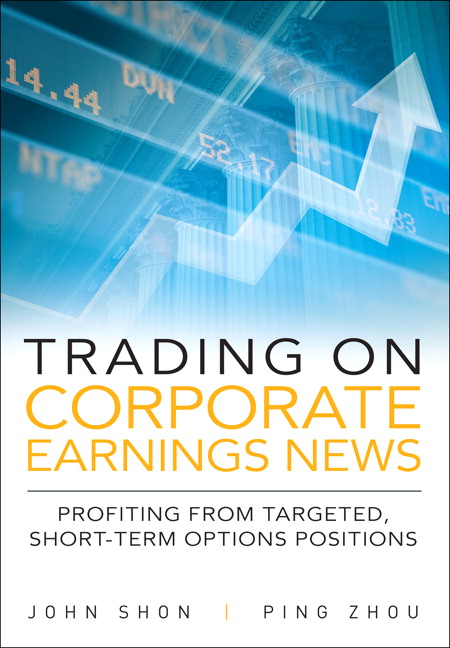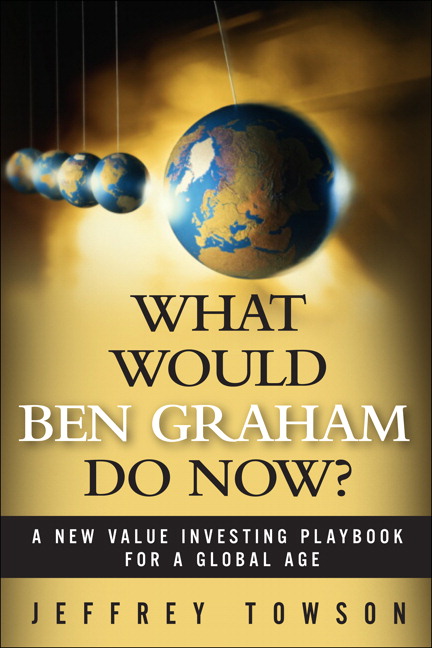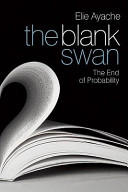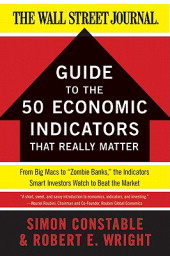This is a transcript from an interview with Robert Wright, co-author of a new book, The WSJ Guide to the 50 Economic Indicators That Really Matter: From Big Macs to “Zombie Banks,” the Indicators Smart Investors Watch to Beat the Market. You can listen to the program below or go here. Check out our interview archives. Subscribe to receive new interviews on iTunes.
The following transcript was paid for at Speechpad.
Announcer: Live from the Internet, it’s Tradestreaming Radio with your host, Tradestreaming.com’s own, Zack Miller.
Zack: Hey, this is Zack Miller. Welcome to Tradestreaming Radio where we help investors make better decisions with tools, tips, and technology. We speak to some of the smartest and most creative people out there working in this space and hope to illuminate some of these ideas to you.
Today’s guest is a co-author of the new book, The WSJ Guide to the 50 Economic Indicators That Really Matter: From Big Macs to “Zombie Banks,” the Indicators Smart Investors Watch to Beat the Market It was co-written by Simon Constable, a journalist at the Wall Street Journal, and Robert Wright.
It was co-written by Simon Constable, a journalist at the Wall Street Journal, and Robert Wright.
Robert Wright will be our guest on today’s show. He is the Nef Family Chair of Political Economy at the Augustana College in South Dakota. Wright is an accomplished author. He has two pages worth of books that he’s published on Amazon. He teaches monetary history. He teaches business. He teaches about price discrimination. What I think makes Wright and this book so valuable for people is that it combines detailed scholarship, really sort of drilling down into numbers, fact-based investing. I’m seeing how some of the leading indicators, some economic data and business data that we read about every day in the paper, how those really impact investing, testing them, going as far as seeing whether these data actually help investors and how profitable they may be as investing strategies. But he’s also a good writer. He’s a self-described cynic, along with Simon Constable, and the book has a very good readability.
Some of the things you might learn about in this podcast, so successful investing means making and keeping above market returns at each stage of the business cycle, and this book very much focuses on trying to determine where we are on the map of the business cycle by looking at certain criteria and then figuring out how to invest based upon that location. Investors must correctly forecast the business cycle before they can know which types of specific investments are likely to generate superior returns.
Wright recommends that looking at investing not as a one-off event. It’s a learning process. This is something I talk about in Tradestream all the time. It’s a lifetime commitment to understanding the economy. Forecasting is more art than science. We know this as investors, and it’s good to have rules-based investing, but we know that no rule is going to be right 100%, and our capacity to accurately predict stems from a combination of historical data and a model that correctly identifies causal agents rather than mere statistical correlations.
There are 50 indicators in this book. Some are well known, some are less well known. It’s a good book. It doesn’t cost a whole lot. It’s like $9.99, whether you buy it in mass market paperback or you buy it for the Kindle, which is where I read. It’s useful. It’s definitely important for business cycle investing. It should deserve an important place on your shelf. Continue reading “How to use economic indicators to become a better investor (transcript)”




















